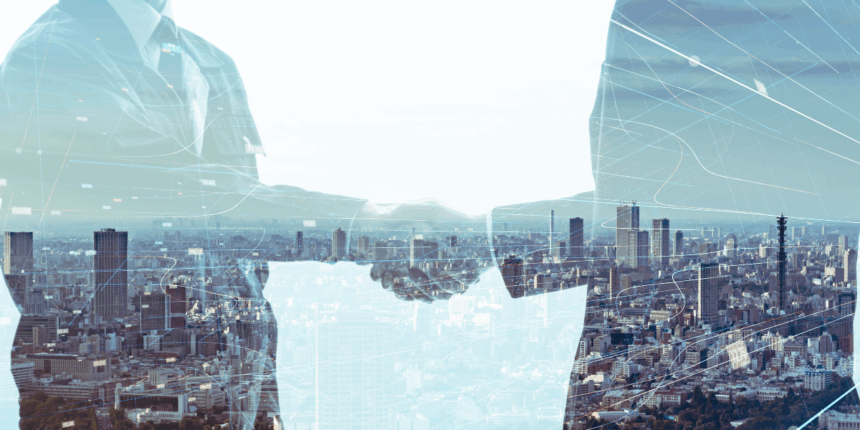Milan-based DMAT has successfully obtained €3.87 million to further its position in the construction industry. With a mission driven by sustainability and innovative solutions, DMAT is making strides in transforming how concrete is produced and utilized. As environmental concerns grow, the company’s technology offers a glimpse into how traditional industries might evolve to meet future demands. This recent capital infusion, with backing from notable investors, is anticipated to enhance DMAT’s reach and impact in both the European and American markets.
In previous reports, DMAT aimed to bring advanced, environmentally-friendly solutions to a traditional industry known for its significant carbon footprint. Past funding rounds have emphasized a similar focus on sustainability paired with economic performance, elements that remain central in recent developments. As DMAT expands, comparisons show steadiness in its vision and evolution in its implementation strategies.
How will the investment be used?
The newly acquired funds will be pivotal in enhancing the deployment of DMAT’s signature concrete and mortar technologies. This technology distinguishes itself by potentially extending the lifespan of infrastructure and significantly lowering carbon emissions. This technological advancement is present in critical European projects and carries the promise of further expansion globally.
These resources are not only aimed at scaling operations but are also intended to bolster the company’s commitment to widespread technology adoption. European certification and its applications in highway infrastructure mark important milestones in DMAT’s journey. CEO Paolo Sabatini expressed confidence in the funds aiding strategic partnerships and operational expansion in the United States.
What makes DMAT’s technology notable?
DMAT’s origins trace back to collaborations at the Massachusetts Institute of Technology (MIT) with advancements focusing on prolonging the life of concrete and mortar. Innovatively, their solutions tackle two primary causes of structural degradation: cracks and carbonation. By focusing on self-healing materials, the company offers more sustainable alternatives.
This approach notably reduces cement use, thus decreasing emissions and maintenance expenses. The comprehensive strategy not only targets environmental savings but also aims to match or surpass existing performance standards. DMAT’s efforts are integrated into existing systems without requiring major overhauls, making their solution accessible to numerous producers globally.
The support from international venture funds, including Safar Partners and Deep Future, underscores trust in DMAT’s mission and methodology.
Arunas Chesonis stated, “Safar Partners is excited to support DMAT and its innovative technology, which will help to reshape one of the world’s strategic industries – construction.”
Backers are optimistic about the transformative potential DMAT holds within hard industries.
DMAT’s strategy of minimizing environmental impact while enhancing infrastructure aligns with ongoing themes in construction innovation. Such steps are essential as industries become more accountable for environmental footprints. The company’s incremental yet determined approach seeks to redefine standards industry-wide.
“Following an intensive R&D journey, DMAT is proud to be present in the Italian and Swiss markets,” shared CEO Paolo Sabatini.
Through strategic use of resources and partnerships, the firm is poised to expand its innovative reach significantly.










